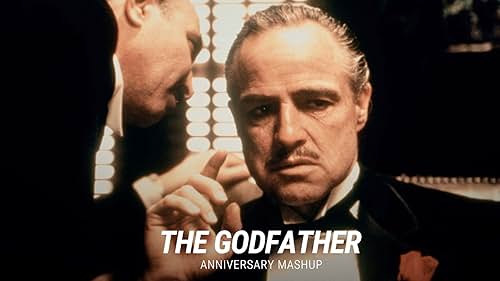Effie Gray, directed by Richard Laxton, is a period drama that explores the tumultuous life of Euphemia “Effie” Gray, portrayed by Dakota Fanning. Set in Victorian England, the film focuses on Effie’s troubled marriage to the eminent art critic John Ruskin (Greg Wise), and her eventual affair with the Pre-Raphaelite painter John Everett Millais (Tom Sturridge), which leads to her escape from the oppressive and emotionally stifling marriage.
The film presents Effie’s journey from being a young woman trapped in a loveless marriage to finding personal freedom and emotional fulfillment with Millais. The historical context and period settings are well-executed, immersing viewers in the aesthetic of 19th-century England. The costumes, set design, and cinematography are beautiful, with a palpable sense of the period’s social constraints and personal struggles.
Critics were divided on the film. Some praised the performances, particularly Fanning’s portrayal of Effie, which offered a depth of emotion and resilience. However, others felt that the film didn’t quite live up to its potential, with the pacing feeling slow at times and the exploration of its central themes—marital repression and social roles—lacking the dramatic punch that could have propelled the film further.
While Effie Gray touches on important themes of women’s independence and the limitations of societal expectations, it can be seen as a bit too subdued for those seeking a more intense or dramatic portrayal of its historical subjects. However, for fans of period dramas and the complex emotional dynamics of 19th-century life, it offers a quiet but poignant narrative.
Overall, Effie Gray may not have captured widespread acclaim but it offers an interesting look at a lesser-known historical figure and the restrictive social norms of her time, anchored by strong performances and a rich historical backdrop.









